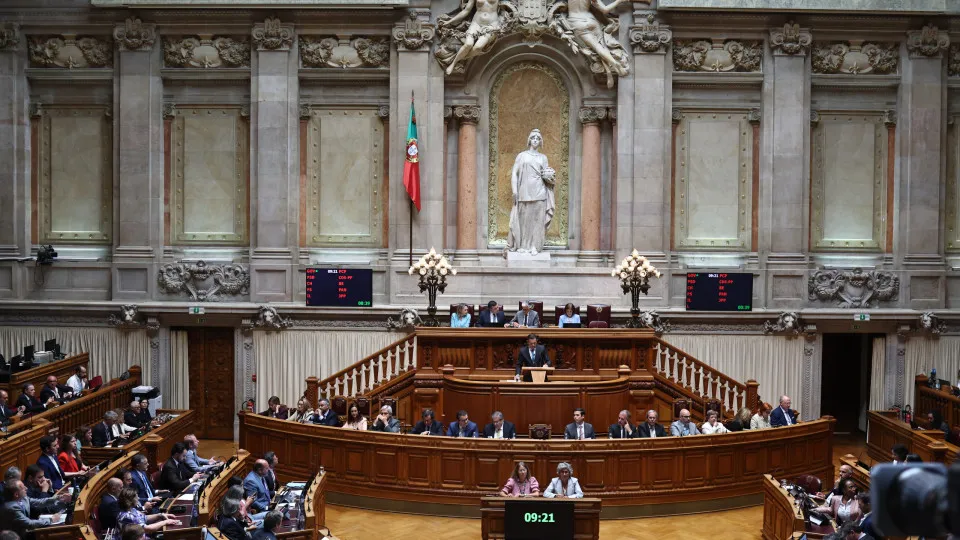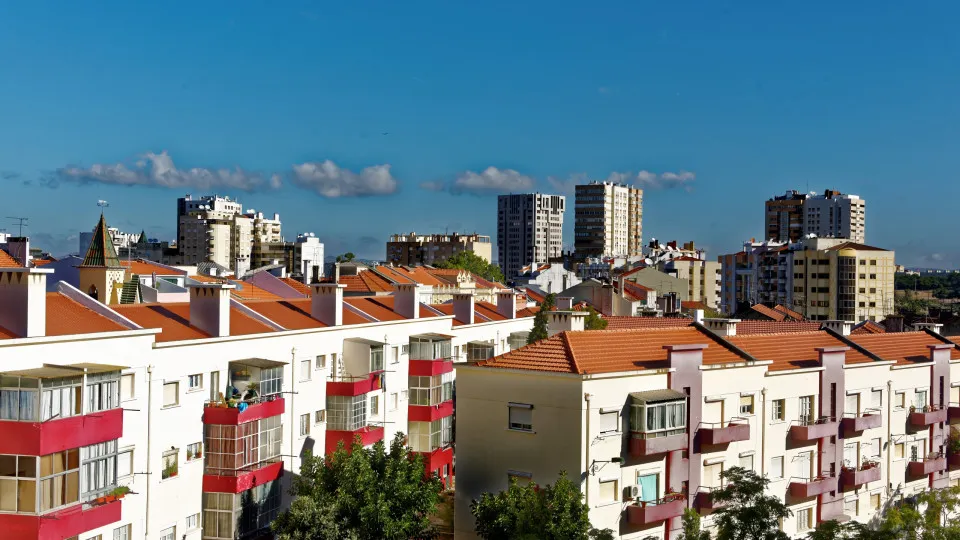
The debate begins today at 3:00 PM with an intervention from the prime minister, in an afternoon where the discussion of the document is scheduled for 249 minutes. However, parties can anticipate or transfer part of the time to Tuesday.
The first round of clarification requests, with individual responses, starts with the largest opposition party, Chega, followed by the other political forces in descending order, with a maximum of five minutes each.
The discussion continues on Tuesday with plenary sessions scheduled for 10:00 AM and 3:00 PM.
On this day, a new schedule is available, with more than four hours for debate and 109 minutes for the closing phase, including interventions from all parties and the Government, followed by the vote.
The favorable vote from the benches supporting the Government—PSD and CDS-PP—and the announced abstention from the PS ensure the approval of the document at this stage, with only Chega’s decision still to be determined.
On Sunday, PCP promised “firm opposition” to the 2026 State Budget proposal, accusing PSD, CDS-PP, Chega, IL, and PS of “not caring about the country.”
On the same day, BE announced it would vote against the proposal, while PAN declared it would abstain, indicating “an openness to dialogue.”
On Thursday, the Public Finance Council raised doubts about the sustainability and realization of the 0.1% surplus forecast in the OE2026, warning that it is supported by temporary measures and extraordinary revenue.
In Brussels, Prime Minister Luís Montenegro defended that his Government “cannot be accused of lacking financial credibility,” emphasizing that on multiple occasions, faced pessimism and disbelief from national and international entities, urging that the results achieved be verified.
“All targets were not only met but exceeded (…) The credit we have to date is very high, and I hope the Government does not lose it,” he said.
The Government’s OE2026 proposal excluded more controversial matters, such as labor law and Social Security, which are discussed separately in parliament, a demand from PS to make the Budget viable at this stage.
After being generally voted on, the detailed consideration begins on Wednesday in the Committee on Budget, Finance, and Public Administration (COFAP), with hearings from all ministers and some institutions and organizations such as the Court of Auditors, the Economic and Social Council, and the Public Finance Council.
The hearings conclude on November 7, which also marks the deadline for parties to present their proposed amendments to the document.
Following this, from November 20 to 26, there will be morning discussions in the plenary and votes in COFAP in the afternoon, with the closure and final global vote scheduled for the 27th.
The Government forecasts GDP growth of 2% this year and 2.3% in 2026, aiming to achieve surpluses of 0.3% of GDP in 2025 and 0.1% in 2026. Regarding the debt ratio, it estimates a reduction to 90.2% of GDP in 2025 and 87.8% in 2026.




